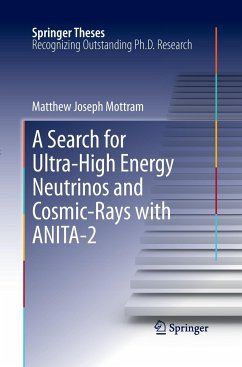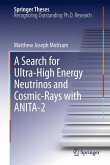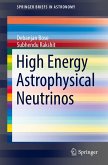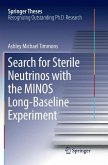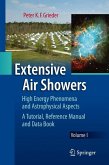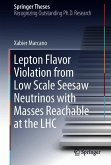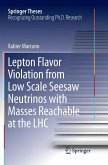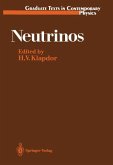The winner of UCL's annual HEP thesis prize, this work describes an analysis of the data from the second flight of the Antarctica Impulsive Transient Antenna (ANITA). ANITA is a balloon-borne experiment that searches for radio signals originating from ultra-high energy neutrinos and cosmic rays interacting with the Antarctic ice or air. The search for ultrahigh energy neutrinos of astrophysical origin is one of the outstanding experimental challenges of the 21st century. The ANITA experiment was designed to be the most sensitive instrument to ultra-high energy neutrinos that originate from the interactions of cosmic rays with the cosmic microwave background. The methodology and results of the neutrino and cosmic ray searches are presented in the thesis.

